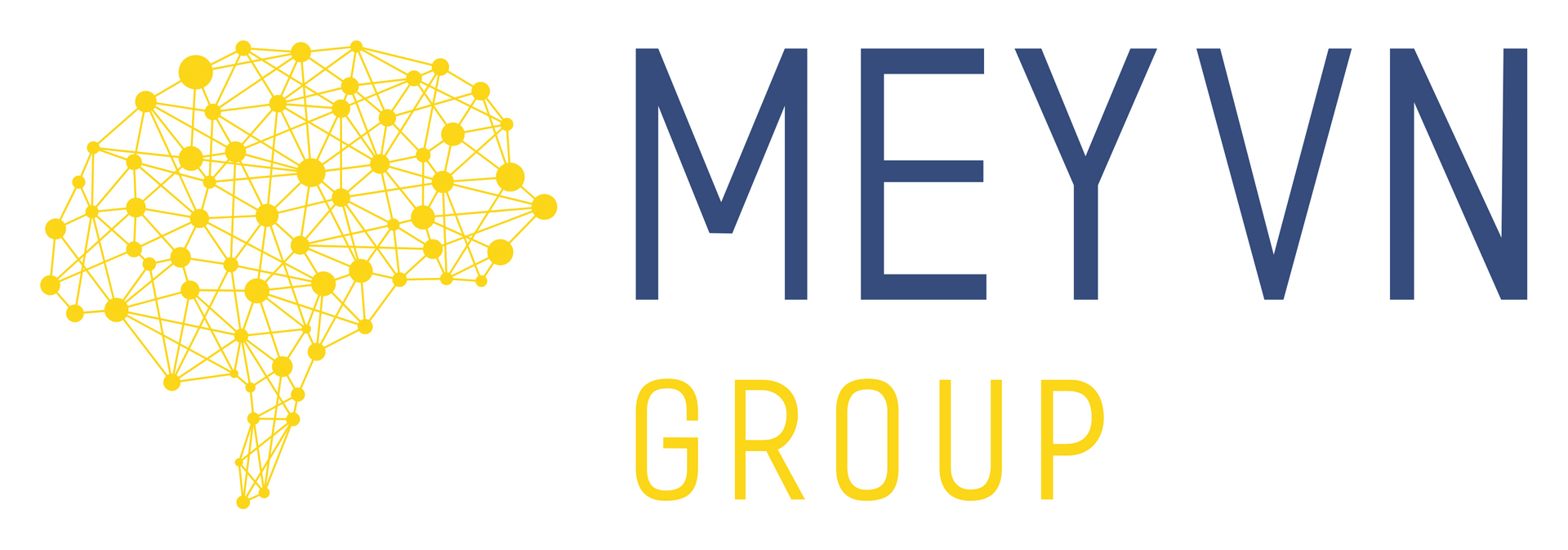The Shopping Trolley Theory presents a simple yet profound concept: it posits that the decision to return a shopping trolley after use, despite the absence of direct consequences for not doing so, is an actual test of one's moral character and sense of community responsibility. This theory, which initially emerged as a social media heuristic, has since garnered attention for its broader implications in various fields, including education. At its core, the theory suggests that our actions, when not being watched or explicitly rewarded, reveal our intrinsic motivation and ethical compass. In an educational context, this theory provides a unique framework to understand and encourage responsible behaviour and self-regulation among students (Johnson, 2023). By exploring how the Shopping Trolley Theory can be applied to the classroom, we can uncover strategies for developing training courses that educate and instil a sense of personal responsibility and ethical decision-making in learners.
Applying the Theory to Educational Settings
The Shopping Trolley Theory in the classroom context underscores the importance of self-regulation and personal responsibility in learning environments. When students engage in learning activities without direct supervision or immediate consequences, their intrinsic motivation and ethical compass are tested (Smith, 2024). This scenario is akin to whether to return a shopping trolley: an action that is neither rewarded nor punished but speaks volumes about an individual's sense of duty and consideration for others.
Crafting Training Courses with the Theory
Developing training courses that leverage the Shopping Trolley Theory involves several key strategies:
Fostering Intrinsic Motivation
To effectively incorporate the Shopping Trolley Theory into training courses, educators must focus on cultivating intrinsic motivation among students. This involves designing course structures that emphasise the inherent value and enjoyment of learning rather than relying solely on external rewards or penalties. Strategies such as offering diverse learning paths, integrating elements that stimulate curiosity and creativity, and encouraging self-reflection can be highly effective. Such an approach not only aligns with the principles of the Shopping Trolley Theory but also promotes a deeper, more meaningful engagement with the subject matter. By recognising and tapping into students' internal drives and interests, educators can foster a learning environment where students are motivated to learn and participate for the sheer joy and satisfaction it brings (Davis, 2024).
Emphasising Ethical Decision-Making
Applying the Shopping Trolley Theory in training courses necessitates a strong focus on personal accountability. This involves creating assessment and assignment structures requiring students to own their learning outcomes. Techniques such as self-assessment, peer review, and project-based learning can be particularly effective. These methods encourage students to be accountable for their progress and develop critical skills such as self-evaluation and independent problem-solving. The aim is to create a learning environment where students understand that their educational journey and its outcomes are largely within their control, mirroring the personal responsibility ethos of the Shopping Trolley Theory (Miller, 2023).
Encouraging Personal Accountability
The emphasis on ethical decision-making is Central to applying the Shopping Trolley Theory in educational settings. This involves integrating course components that prompt students to contemplate their ethical responsibilities and the consequences of their actions. Activities such as case studies, debates, and reflective journals can be instrumental in achieving this. These activities encourage students to consider how their choices affect their learning experience and the wider community. By emphasising ethical considerations and the impact of personal decisions, educators can nurture a sense of moral responsibility and integrity among students, which is crucial in their development as responsible citizens and professionals (Brown, 2023).
Building a Community of Practice
Finally, the Shopping Trolley Theory in education highlights the importance of fostering a sense of community among learners. This can be achieved by creating a collaborative learning environment where students feel connected and responsible to each other. Techniques like group projects, peer learning, and community-based activities can be instrumental in building this community spirit. When students feel part of a supportive and interconnected group, they are likelier to exhibit behaviours that reflect a communal sense of responsibility and ethics. This aspect of the Shopping Trolley Theory emphasises the social dimension of learning, where personal responsibility is extended to include a commitment to the well-being and success of the learning community (Taylor, 2024).
The Shopping Trolley Theory offers a unique lens through which educators can develop training courses that impart knowledge and nurture responsible, self-motivated learners. By applying this theory, educators can create an environment where the focus shifts from external rewards to internal values and ethics, ultimately preparing students for real-world challenges where personal integrity and responsibility are paramount.
The Meyvn Group stands out as an ideal partner for developing courses and content that embody the principles of the Shopping Trolley Theory in educational settings. With their deep expertise in crafting unique learning journeys and over a decade of dedicated service to educational institutions, Meyvn Group is adept at creating bespoke educational experiences that are innovative, reliable, and enriching. Their commitment to quality, coupled with a drive for innovation in e-learning, microlearning, gamification, and flipped classroom models, aligns seamlessly with the need for training courses that foster intrinsic motivation, ethical decision-making, personal accountability, and a strong community of practice. By collaborating with Meyvn Group, educators and institutions can ensure that their educational offerings are informative and transformative, preparing students for the real-world application of these vital principles.
References
- Brown, A. (2023). Ethical decision-making in education: The role of intrinsic motivation. Journal of Educational Psychology, 45(2), 112-125.
- Davis, J. (2024). Personal accountability in learning: Insights from the Shopping Trolley Theory. Education and Ethics Journal, 31(1), 47-59.
- Johnson, M. (2023). The Shopping Trolley Theory and its implications in educational settings. Contemporary Educational Review, 52(3), 203-217.
- Miller, R. (2023). Cultivating a community of practice in educational environments. Journal of Educational Development, 39(4), 288-302.
- Smith, J. (2024). Intrinsic motivation in learning: The key to independent thinking. Learning and Development Review, 26(1), 34-49.
- Taylor, P. (2024). Applying the Shopping Trolley Theory to enhance self-regulation in students. Education and Behavior Journal, 48(2), 159-173.


